New Entry Rules for Europe: What Kiwi Travellers Need to Know
After years of delays, two new systems for entering Europe are finally here. This will change how New Zealanders travel to popular destinations like Paris, Barcelona, and Rome. Here’s a breakdown of what the new EES and ETIAS systems mean for you.
The Entry/Exit System (EES)
This system applies to all non-Schengen passport holders, including Kiwis, who are traveling for a short stay (up to 90 days in a 180-day period).
- No more passport stamps: The EES replaces physical passport stamps with a digital record.
- Biometrics at the border: For your first visit to an EES country, an officer will scan your fingerprints or take a photo of your face.
- What to expect later: On subsequent trips, the officer will only verify your biometrics. If you have a biometric passport, you may be able to use a self-service system.
- When does it start? A soft launch is confirmed for October 12, 2025. It will roll out at more borders over the following six months, so it might be a bit of a lottery at first.
- Why the change? The goal is to improve security, prevent overstays, and combat identity fraud within the EU.
What’s in the Schengen Area?
The Schengen Area includes most of the European Union, along with Iceland, Liechtenstein, Norway, and Switzerland. However, it’s important to note that Ireland and Cyprus are not part of the Schengen Area, so they will continue to stamp passports (though Cyprus plans to join in the future).
The European Travel Information and Authorisation System (ETIAS)
Think of the ETIAS as Europe’s version of the ESTA in the U.S. or the UK’s ETA. This is a travel authorization, not a visa, for visa-exempt nationals entering the Schengen Area.
- When does it start? The ETIAS will only come into effect after the EES is fully operational, so expect it in the second half of 2026.
- How much will it cost? The price has been set at €20, a climb from the initial €7.
- Are there any exemptions? Travellers under 18 or over 70 years old won’t have to pay the fee, but they will still need to apply for an ETIAS.
- How long is it valid? The ETIAS is valid for three years, or until your passport expires, and can be used for multiple entries.
This new system applies to the same Schengen countries, plus Cyprus. Ireland remains separate and won’t require an ETIAS.
#EuropeTravel #SchengenArea #EES #ETIAS #TravelTips #KiwiTravel #NewZealandersAbroad #Continentsurfer
Source: Stuff
Want to know more?
Comment
